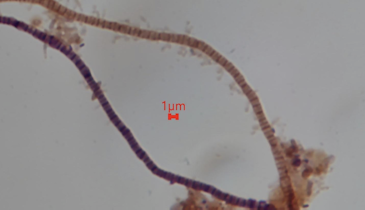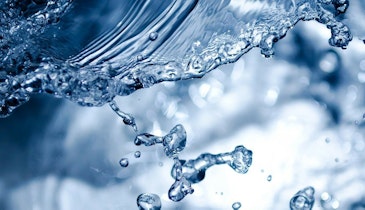As COVID-19 sweeps across the globe, agencies and organizations like the Water Environment Federation (WEF) have been working to provide current and accurate information about how the virus will affect the water sector.
WEF Executive Director Walt Marlowe says he’s proud of the...





